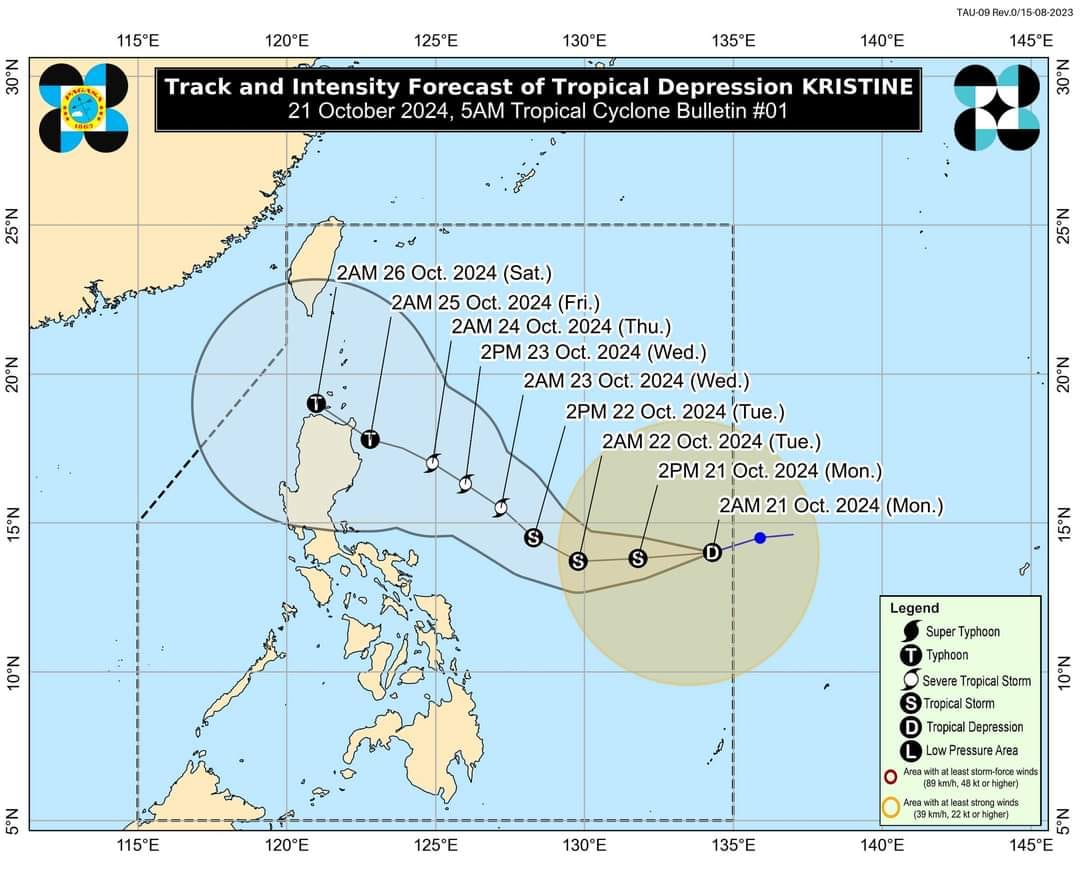Two days after Valentine’s Day, Cagayan de Oro 1st District Representative Lordan Suan filed House Bill No. 9931, which seeks “heartbreak leaves” and emotional support resources for public and private workers after a split-up. If House BIll No. 9931 becomes law, it will be called the Heartbreak Recovery and Resilience Act.
This wasn’t well-received on social media, at least while I am writing this. But is this bill really dumb? As you may have gleaned from the title of this blog post, I will argue it isn’t. In fact, an enactment of such a law is long overdue.
If you haven’t read the bill yet, its declaration policy reads:
The State recognizes that:
(a) The dissolution of a romantic relationship can be a significant source of emotional stress and disruption to an individual’s personal and professional life;
(b) Unprocessed emotional distress can negatively impact productivity, employee morale, and workplace health; and
(c) Providing employees with time and resources to recover from heartbreak can promote emotional well-being, improve workplace performance, and reduce employee turnover.
The bill seeks the granting of a day off for employees aged 25 and below, two days off for employees aged 25 to 35, and three days off for employees ages 36 and above. This acknowledges the varying distress tolerance to heartaches.
In Japan, this has been the practice in some companies. A 2008 Reuters report had an explanation on the number of days for older employees. “Women in their 20s can find their next love quickly, but it’s tougher for women in their 30s, and their break-ups tend to be more serious,” then CEO of Hime & Company told Reuters.
It isn’t just Japan. German and Australian companies also grant leaves for heartbroken employees.
In his TED Talk in 2018, the psychologist Guy Winch said that heartbreaks caused one of his patients, a 56-year-old senior executive in a software company, to “barely function at work for many, many months and he almost lost his job as a result” even if the relationship that has just ended only lasted for less than a year. He said no one is immune to heartbreaks.
“Another consequence of heartbreak is that feeling alone and in pain can significantly impair our intellectual functioning. It temporarily lowers our IQ,” Winch said. He said that he had to explain to this patient that many adults spend almost a year getting over a one-year relationship.
“Heartbreak shares all the hallmarks of traditional loss and grief: insomnia, intrusive thoughts, immune system dysfunction. Forty percent of people experience clinically measurable depression. Heartbreak is a complex psychological injury,” Winch explained.
As social media erupted with laughter over Congressman Suan’s passed bill, I found myself perplexed by the widespread reaction. It seems that our macho culture—our cultural emphasis on toughness and resilience—might be blinding us to the reality that heartbreak can significantly impact an individual’s ability to focus and function. The Philippines is way behind when it comes to accepting our emotional, mental, and physical weaknesses.
Please share this article via the following:





